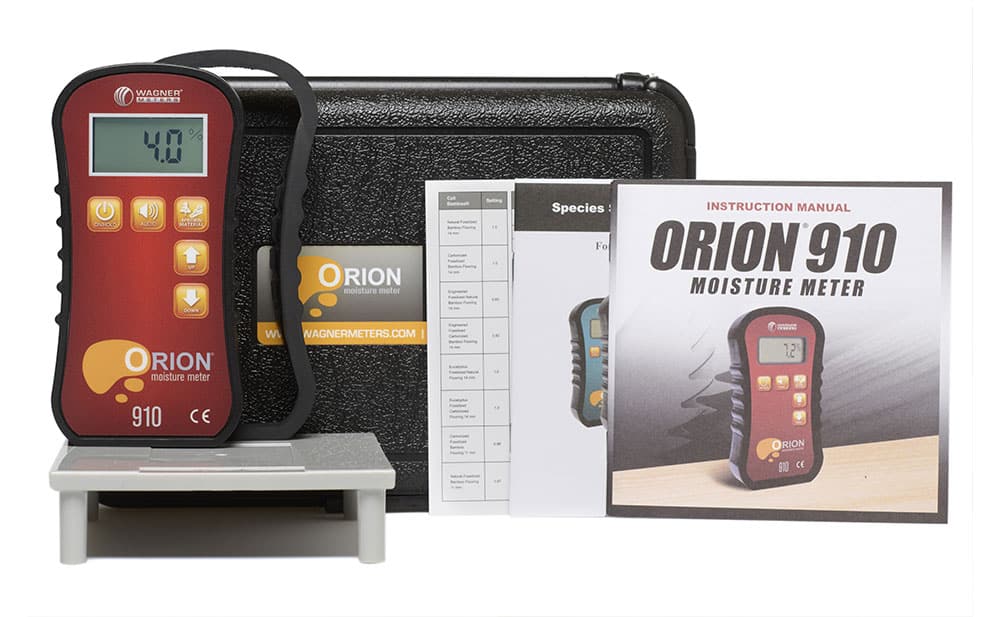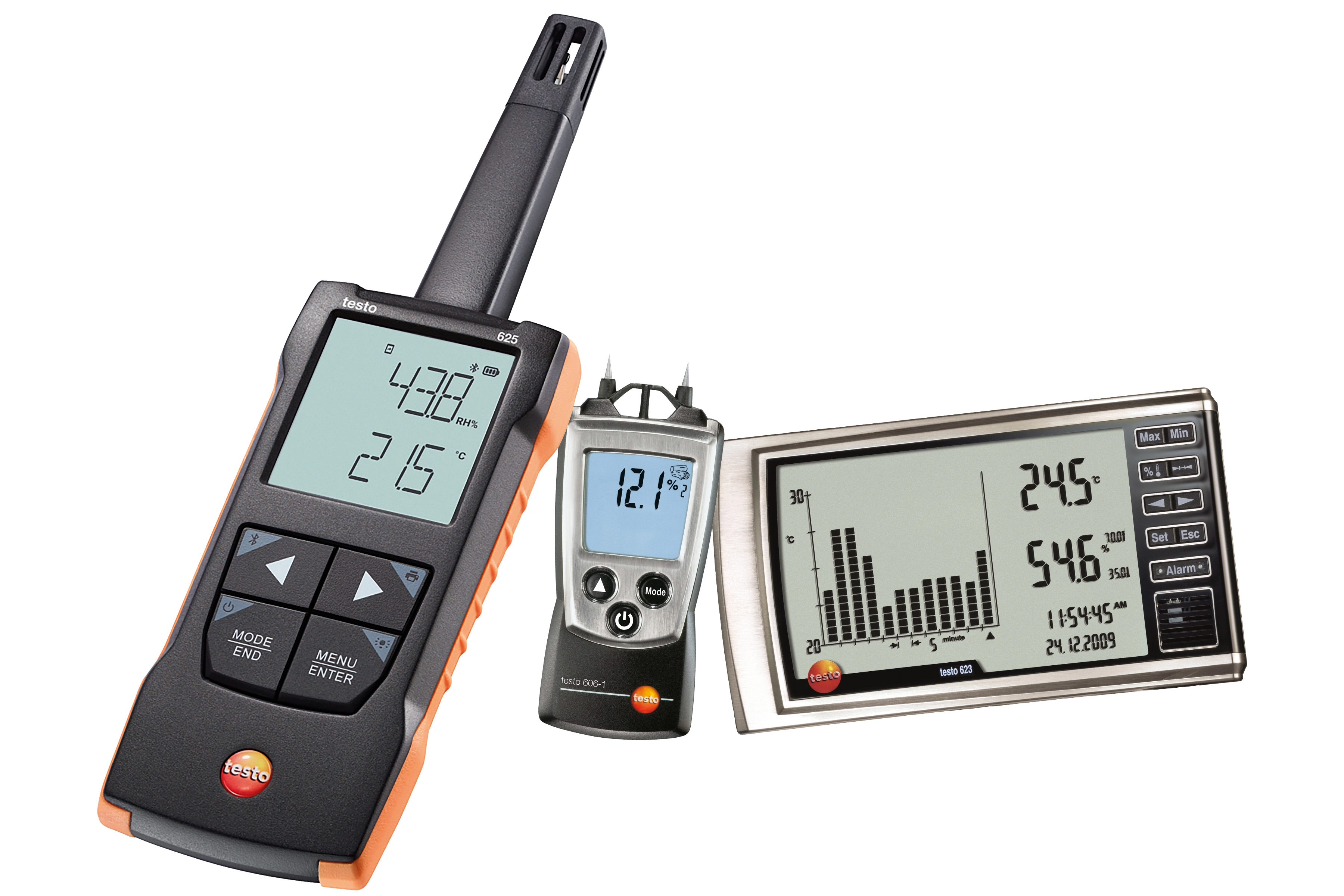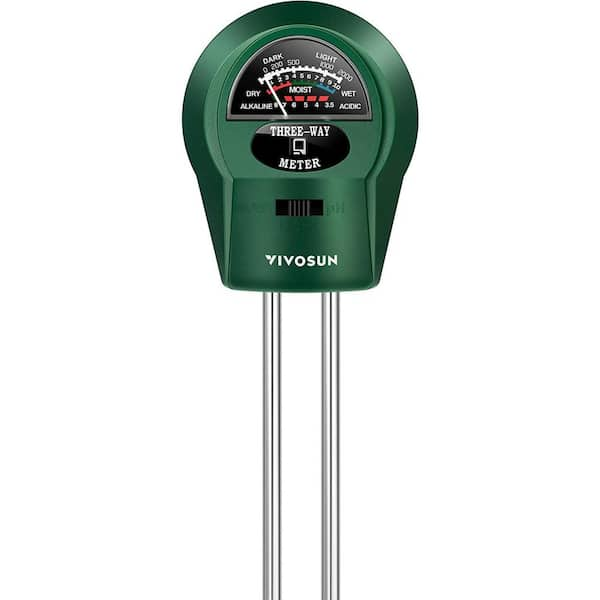The Ultimate Overview to Moisture Meters: A Comprehensive Overview and How They Can Conserve You Money
In the world of structure maintenance, building and construction, and various markets, the value of precisely measuring dampness degrees can not be overstated. Wetness meters act as essential devices in spotting and keeping an eye on moisture material in products, helping in stopping expensive problems and making certain the quality of products. Comprehending the subtleties of various sorts of wetness meters, their applications, and the prospective cost-saving advantages they offer can be a game-changer for experts and services alike. Uncovering exactly how these gadgets can not only simplify processes but likewise add to financial cost savings is a journey worth embarking on.
Sorts Of Moisture Meters
Different sorts of moisture meters are available for various applications in numerous industries. One common type is the pin-type moisture meter, which gauges the electrical resistance between two pins put into a product. This kind is appropriate for timber, drywall, and various other structure products. Pinless dampness meters, on the various other hand, usage electro-magnetic sensor plates to scan a larger area without triggering damage to the material's surface area. These meters are optimal for rapidly analyzing wetness degrees in huge areas such as floors and wall surfaces.
Infrared wetness meters determine the thermal residential or commercial properties of a material to determine its wetness material non-invasively, making them useful for applications where pin or pinless meters may not be ideal. Recognizing the various kinds of wetness meters available can help markets pick the most ideal tool for their particular wetness measurement requirements.

Benefits of Using Moisture Meters

Additionally, making use of wetness meters can lead to enhanced energy performance. In agricultural settings, wetness meters play a vital function in enhancing plant yields by enabling farmers to keep track of dirt moisture degrees and make notified irrigation choices.
How to Select the Right Moisture Meter
Picking the suitable dampness meter includes taking into consideration vital elements such as material compatibility, measurement variety, and calibration precision. When selecting a wetness meter, it's essential to guarantee that the meter is suitable for the particular material you will be screening. Various products have differing electric properties that can influence dampness readings, so choosing a meter made for your material is vital for precise outcomes. In addition, take into consideration the dimension variety of the dampness meter. Make sure that the meter can spot dampness degrees within the array required for your applications. Calibration precision is one more crucial element to bear in mind (Moisture Meter). find out here Choose a moisture meter with reputable calibration to ensure constant and exact readings. Some meters may call for regular calibration adjustments, so comprehending the calibration procedure is vital. By carefully reviewing these factors, you can pick a wetness meter that satisfies your demands and supplies exact moisture dimensions for your projects.
Appropriate Methods for Moisture Meter Usage
To make sure exact wetness readings and make best use of the effectiveness of a wetness meter, using proper strategies is important. When utilizing a pin-type moisture meter, put the pins or probes into the product being evaluated up until they make full get in touch with. Make certain the pins are perpendicular to the surface to get the most precise reading. For pinless wetness meters, hold the device level against the product and relocate slowly to cover the whole area for an ordinary analysis. It's critical to adjust the moisture meter according to the material being checked to improve precision. Take numerous readings across the surface and ordinary them out for a more dependable outcome. In addition, make certain that the product being evaluated is adapted to the atmosphere to avoid skewed readings. Routine upkeep of the wetness meter, such as cleansing the pins or sensor, is likewise vital to ensure constant and exact analyses. By complying with these appropriate methods, individuals can depend on their moisture meter to provide trustworthy wetness levels, assisting in preventing costly damage or making sure high quality in various applications.

Expense Savings With Moisture Meter Applications
Exactly how can the strategic usage of moisture meters lead to significant price savings across various industries? In the agriculture market, dampness meters help in figuring out the optimum time for collecting crops, protecting against excess or over-drying wetness that can impact the last item's quality.

In addition, in the food processing market, dampness meters are essential for checking product high quality and ensuring conformity with safety regulations. By accurately measuring dampness material in food, producers can see this page protect against spoilage, preserve freshness, and lower waste, leading to substantial price savings. In general, the calculated application of dampness meters is a useful investment that can lead to substantial cost decreases and boosted efficiency across numerous industries.
Conclusion
To conclude, wetness meters are important devices for determining and detecting dampness levels in numerous products. By utilizing the best dampness meter and complying with correct techniques, customers can successfully stop costly damages brought on by excess wetness. Investing in a top quality moisture meter can cause substantial cost savings in the future by identifying potential issues beforehand and allowing prompt remediation. Ultimately, moisture meters are important tools for maintaining the integrity and longevity of structures and products.
Wetness meters serve as important tools in detecting and checking moisture material in products, assisting in protecting against pricey problems and ensuring the quality of items. Infrared wetness meters measure the thermal homes of a material to establish you can try this out its moisture content non-invasively, making them helpful for applications where pin or pinless meters might not be appropriate.Wetness meters offer very useful advantages in accurately analyzing and keeping an eye on dampness degrees in diverse products and environments. In farming settings, dampness meters play an important function in optimizing plant returns by making it possible for farmers to keep an eye on dirt dampness degrees and make educated watering decisions.In final thought, dampness meters are valuable tools for discovering and gauging moisture levels in different materials.